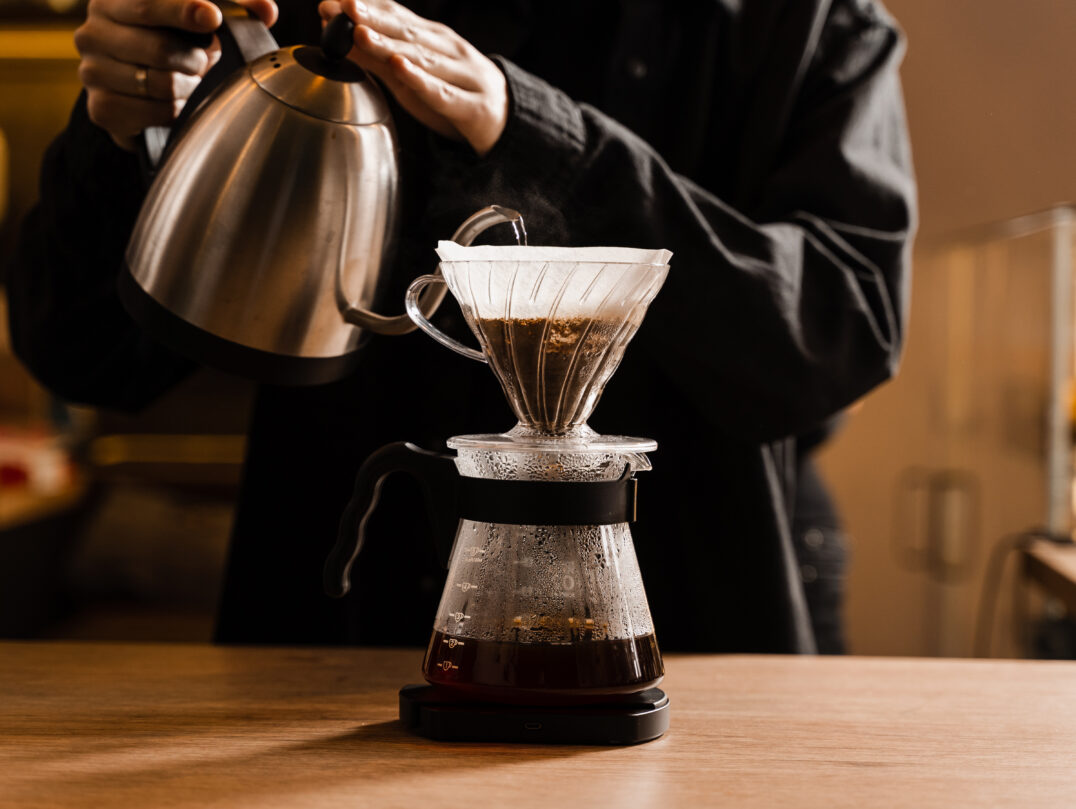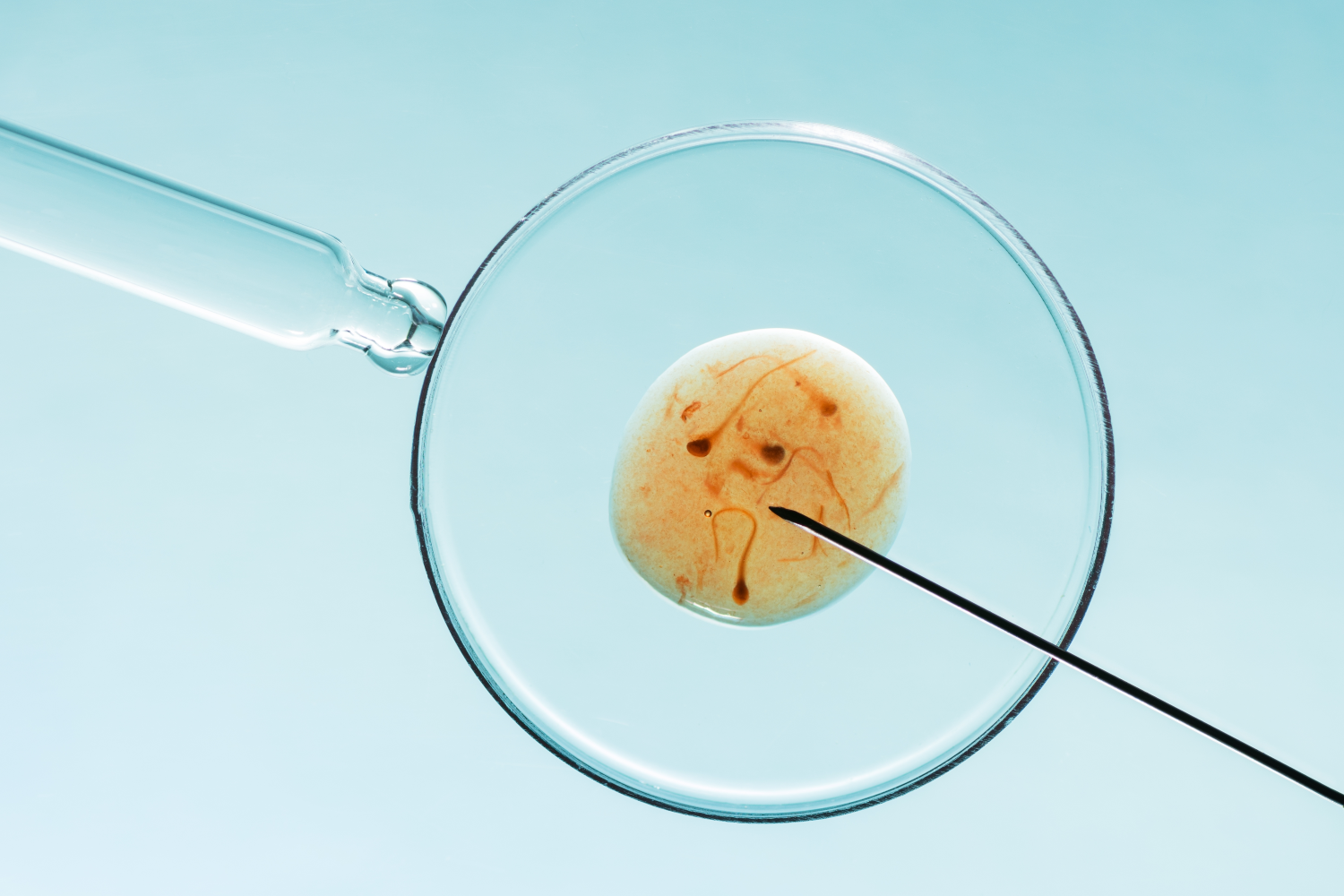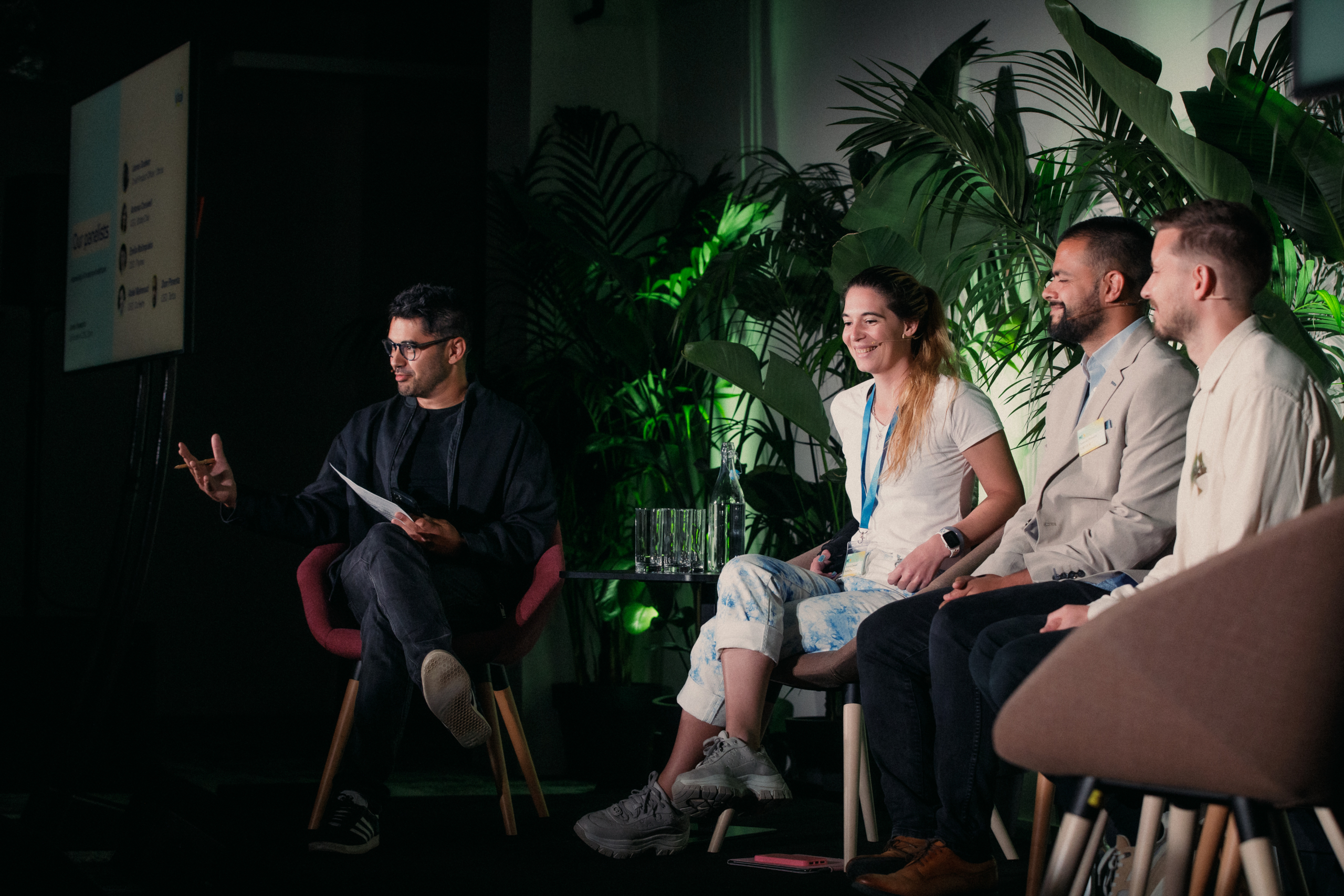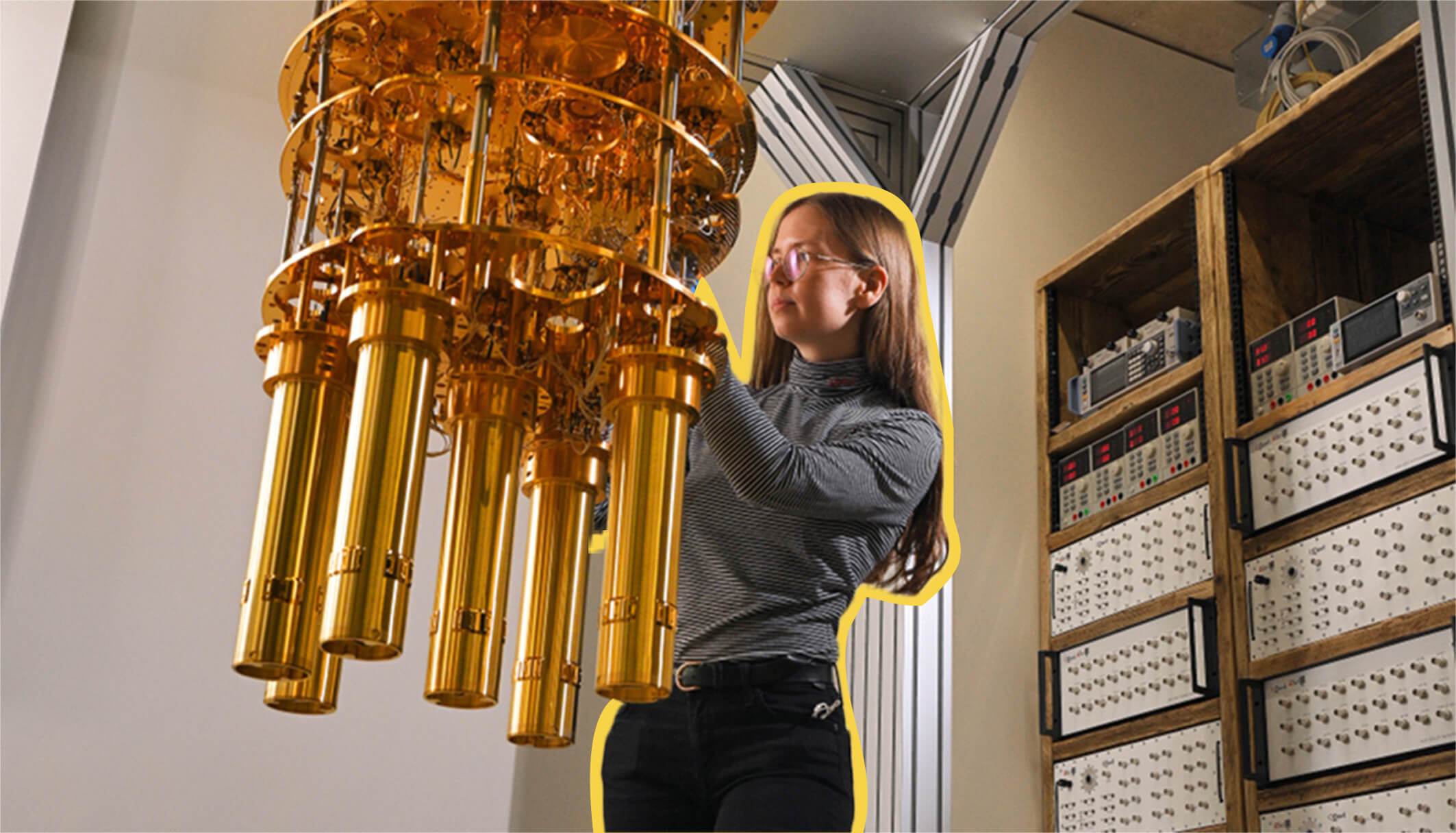Growing Graze: a story of natural entrepreneurship
Graze started life as a new kind of healthy snack-box delivery service. Today it’s sold in thousands of supermarkets across the UK and US and was recently acquired by Unilever. So how did the company grow from seed, via nuts, to snack company superstar? Alan Wallace, Octopus Venture Partner, had a ring-side seat.
“My background is in the Fast moving consumer goods industry (FMCG) and through experience I am extremely cautious about investing in new food businesses.”
This might sound like a strange comment, coming from a man who backed the decision to invest in the healthy snack company, Graze, back in 2009. In fact, Alan Wallace’s PhD concerned the failure rate of new food products in the UK FMCG market. Around 70% of new products fail within five years of launch and of the small number that do survive, few generate sales in excess of £30m per annum. Even with his association with successes like Frijj, Plum Baby, Sara Lee Frozen Desserts and Typhoo, Alan’s initial response to a new company proposing to go direct to consumers with re-packaged boxes of nuts, seeds and dried fruit was “insanely ambitious.”
Too soon?
So what changed his mind? “My initial view was ‘too soon’. I needed more evidence of consumer adoption and I wanted to see a running rate of sales of £1m a year… and then we might be on to something.” Graze’s Net Promoter Score (NPS) of 40 was high for a new business, with hardly any money spent on advertising, but it was another factor that eventually tipped the balance for Alan: the people.
A team of experience
Graze was conceived by Graham Bosher, a founder of LoveFilm. As with LoveFilm, Graze customers ordered their products online where they could tailor their preferences. Graze customers rated the products to personalise the boxes they received by post, straight to their desks. LoveFilm delivered DVDs by post so the Graze concept leant heavily on Graham’s experience in customer acquisition, stock management and fulfilment. Food retailing by post had only recently become economically viable following the introduction of ‘pricing by proportion’ by the Royal Mail which dropped the price of small, heavy items that could fit through the letter box from £2.10 to £0.54. Graze, in theory, could reach the entire UK population at very low cost, bypassing retailers completely.
There were other key characters connected to Graze at that time. William Reeve, had been part of the LoveFilm team (as well as numerous Octopus Venture portfolio companies subsequently, such as Evi, Secret Escapes and Zoopla). In addition Alex Chesterman (LoveFilm, Zoopla) was also an investor. So for Alan, the entrepreneurial management team and its investors more than compensated for his initial scepticism to creating something radically new in the food market.
Cutting-edge
Back then, the power to customise the product and easily choose the days of delivery was still novel. Customers could take holidays and change their mix of snacks week by week. Delivery to office desks had the added advantage of high visibility and the boxes were good-looking, standing out from the usual crisps and coke mid-morning combination. The case for investing was stacking up. However, it was clear that nothing less than operational excellence would fulfil customer demand within a very short lead time and achieve the desired 98.7 per cent service level. A target of sales of £40m within five years was set with gross margins over 40 per cent. Exit prospects were good; food companies would pay well to access customers who value their health.
The heavy reliance on Royal Mail could have been an issue. Alan put that issue to them, but they were ready with a plan that would use courier companies in the event of a postal strike – a very real possibility at the time. Dissatisfied customers would also be contacted and offered a free week’s supply to keep them loyal.
Growing trends
Two macro trends in particular added weight to the story. Healthy eating was the fastest growing food trend in the UK at that time, helped by the Government’s 5-a-day campaign. Convenience was the other major food trend: the UK suffered Europe’s longest working hours, with the average lunch break lasting just 27 minutes. So here was an offering with considerable control over its value chain – from raw ingredients, direct to customers – that could reach the entire country, whilst avoiding the margin and pricing squeeze – as well as own-label pressures – that are traditionally imposed by the big retailers and wholesalers. By the time Alan met them, word-of-mouth, helped by the visibility of boxes on peoples’ desks, was keeping the cost of acquisition below £4, including trial fulfilment costs.
Looking back, many would say it was a no brainer. But Alan’s research-based scepticism, as well as real world experience of how difficult it is to create successful new food businesses, was still a reality that needed to be overcome. The Graze team – and their unique offering – did it through extremely smart marketing and obsessional commitment to customer satisfaction. Graze has proved its longevity, now reaching millions of healthy-eating customers in the UK and US. Exceptional entrepreneurs, the Graze story proves, win out in the end.














